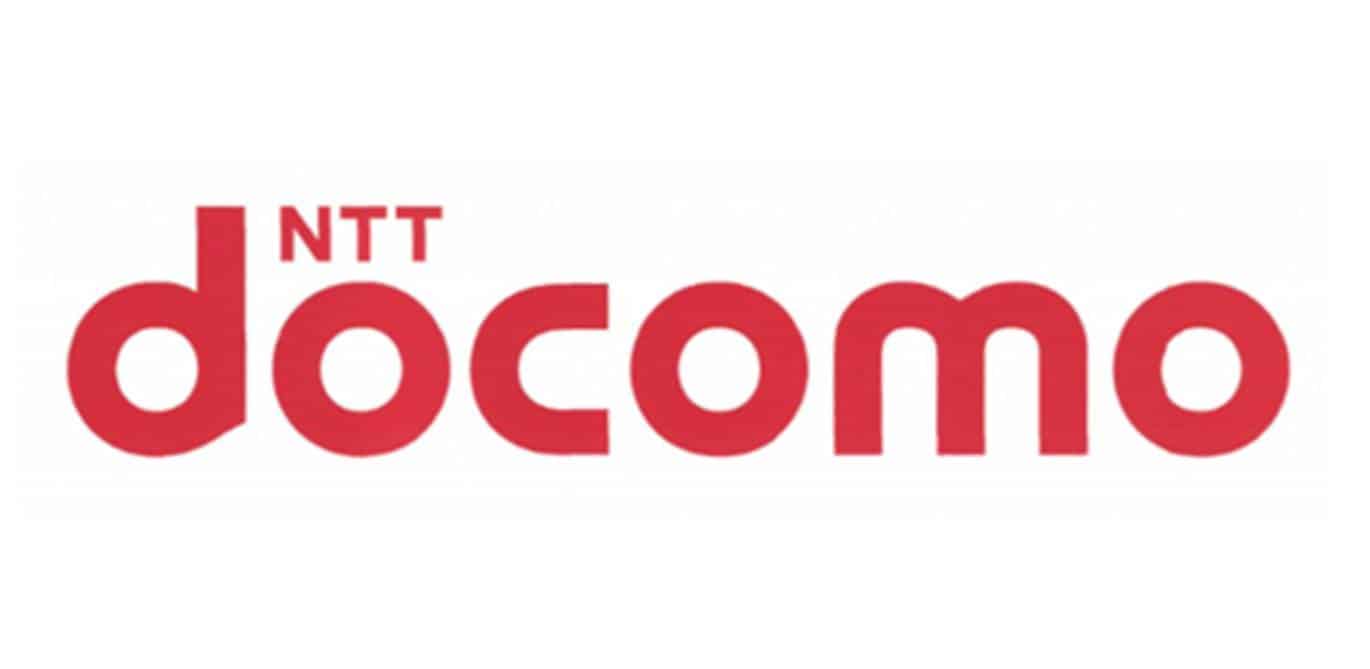By Majeed Ahmad, Guest Contributor - NTT DoCoMo has taken a lead in of the generation game now centered on the fifth-generation (5G) technologythat is promising to take the wireless industry to a whole new plateau. The Japanese mobile operator has started trials on the embryonic 5G wireless technology in collaboration with major telecom equipment suppliers. The experiments will take place at its R&D center in Yokosuka and the outdoor trials will follow next year. DoCoMo plans to submit its findings to the mobile industry in 2016.
It’s worth noting that DoCoMo’s take on the technology’s potential is ahead of 5G’s formal standardization process. Fifth-generation wireless is a term referred toresearch papers and projects for the next major phase of mobile communications standard beyond the fourth-generation (4G) platforms. In 2014, when 4G is still in its infancy and 5G was a mere concept, DoCoMo’s initiative could help answer a number of questions about the future of 5G technology. And this is not the first time when DoCoMo has embraced a new technology and carved out a pioneering role for itself.
Scroll back to February 9, 2007 when NTT DoCoMo detailed information about Long Term Evolution (LTE) trials in which the Japanese mobile carrier was able to send data at speeds of up to approximately 5 Gbit/s in the downlink within a 100-MHz bandwidth spectrum to a mobile device moving at 10km/hour. DoCoMo used several technologies, including orthogonal frequency division multiplex (OFDM), multiple input multiple output (MIMO) and maximum likelihood detection. Details of these trials were passed to Third Generation Partnership Project (3GPP) for its consideration. LTE is now the underlying technology for the 4G wireless networks.
Now come back further to the third-generation (3G) wireless bandwagon where NTT DoCoMo, along with British Telecom, became the first wireless company to roll out a 3G network back in 2001. DoCoMo’s pioneering role in nurturing and promoting three generations of wireless networks is a testament of its un-Japanese willingness to challenge convention and to pursue aggressive strategies in meeting ever-increasing wireless network demands. DoCoMo is the abbreviation of its corporate slogan “Do Communications over the Mobile Network.” It also happens to be a Japanese colloquialism for the “everywhere.”
 Majeed Ahmad is author of Age of Mobile Data: The Wireless Journey to All Data 4G Networks. The book traces the roots of mobile data and chronicles how mobile data evolved and eventually reached its pinnacle: LTE-based 4G networks. The book is available in both paperback and e-book formats at major channels.
Majeed Ahmad is author of Age of Mobile Data: The Wireless Journey to All Data 4G Networks. The book traces the roots of mobile data and chronicles how mobile data evolved and eventually reached its pinnacle: LTE-based 4G networks. The book is available in both paperback and e-book formats at major channels.












